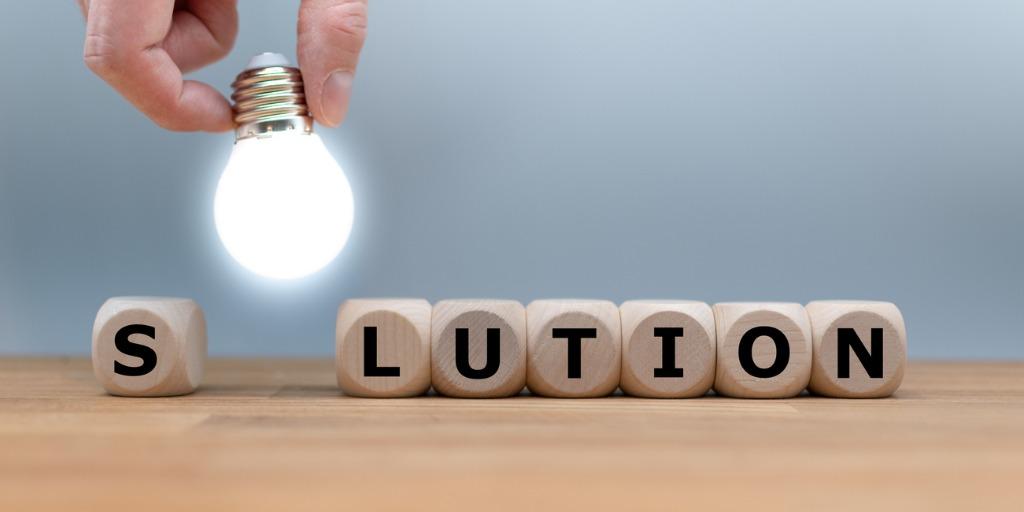Formulating Solutions in Crisis Situations

- We form solutions by better understanding problems
- Creative problem solving is often found in times of stress
The world has felt upside down over the last month. With the COVID-19 virus being such a quandary and health professionals advising “social distancing,” many people have found work and other routines to be upended. We’ve had to turn to technological solutions for connection and have struggled to prepare for the unknown.
While navigating the need to problem solve and regroup on many levels, strong leaders are vital. We need to lead our households, our businesses and our communities in smart ways that leverage creative problem solving to chart unknown territory.
Stockpiling sanitizer and paper towels may prove useful, but it takes more to form solutions at a time when everything seems to be changing — from the way we communicate to the way we do business — in order to prevent a pandemic.
Human beings are incredibly resilient and creative in times of crisis, and this crisis is proving so in myriad ways. Communities are coming together to find technological solutions for meeting. Scientists and health care professionals are coming together to put together resources and share knowledge about this virus. Educational communities, such as The Ohio State University, Cornell and Harvard, are leveraging technology to provide education while honoring the social distancing recommended at this time.
None of these solutions happen in a vacuum. They take resources, community and team leadership. More, they require creative solutions to problems.
One way that this is leveraged is to use participative decision making toward tackling problems. In Psychology and Industrial Productivity: A Reader, J.E. Bragg and I.E. Andrews outline a study in which participative decision making was introduced to a hospital over 18 months. During this period of the study, during which problem solving was tackled from a participative lens, it was reported that attitudes improved, absence rates declined and productivity increased.
It is possible that in the mass vulnerability that COVID-19 has exposed will cause people to find even deeper resilience through a shared desire to solve a global problem. By working together, after all, we each have the opportunity to learn from what seem dire experiences and, ultimately, become all the stronger.
Sources:
Psychology and Industrial Productivity: A Reader by M.M. Gruneberg, D.J. Oborne
“How the Greater Boston Biomedical Community is Tackling Coronavirus.” Boston Globe.